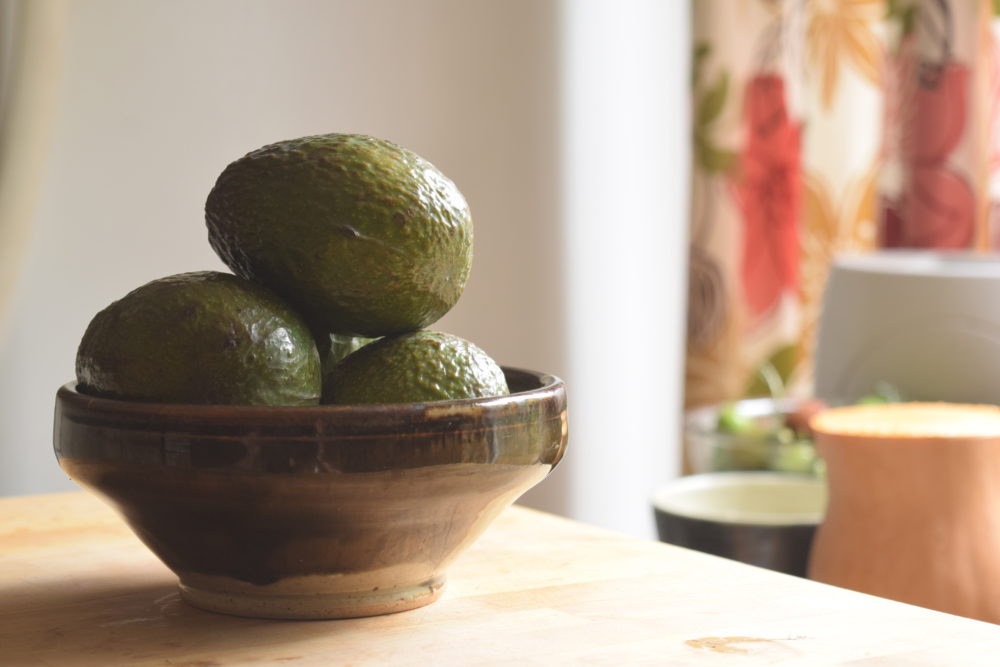Podcast: Play in new window | Download (Duration: 10:00 — 9.9MB) | Embed
Subscribe: Apple Podcasts | Android | Email | Stitcher | RSS | More
In 1099, a group of knights traveled to the Holy Land, banded together in a mission to protect Christian Pilgrims from pirates and gangs. These knights called themselves the “Poor Fellow-Soldiers of Christ and of the Temple of Solomon.” Obviously, the name was quite the mouthful and over time they became known simply as the Knights Templar. The Knights Templar started dressing up in white tunics with a blood red cross stitched along the front and thirty years later they evolved into more of a militaristic monastic group and took vows of poverty, chastity, and obedience.
 Photo Credit: Paul Bratcher Photography Flickr via Compfight cc
Photo Credit: Paul Bratcher Photography Flickr via Compfight cc
The Knights Templar were a feared force during the medieval times and thanks to the support of the Vatican, Kings, and Lords the group as a whole became very wealthy and influential. Then, in 1305, rumours started to spread from an ousted Templar that the group was participating in anti-christian and homosexual activity. Not many thought much of the rumours. However, the King of France at the time, King Phillip IV, had a problem. You see, the King was indebted to the Knights Templar as they had loaned King Phillip some money to help fund a war with England, and the King really did not want to pay that money back. So, King Phillip decided to put pressure on Pope Clement to prosecute the Knights Templar for their rumoured crimes. In 1307, Pope Clement ordered all members of the Knights Templar arrested and all assets seized. Dozens of people were burned at the stake and the Knights Templar were disbanded.
Centuries later in the Mexican state of Michoacan, which happens to grow the highest percentage of avocados in the world, the Knights Templar re-emerged. You would assume that if you decided to create a group and then name yourself after a medieval band of Christian knights that you thought perhaps, “You know what? We can be like them. We can protect our neighbours and be heroic minus the poverty and chastity part, of course.” The one hiccup of course was that this version of the Knights Templar was a drug cartel.
The Knights Templar of the Michoacan state emerged in March 2011. In public,they said that they were providing an essential service to their neighbours–protecting them from larger criminal organizations. In demonstrations, they would evoke the history of their namesake and use religious imagery to portray themselves in an altruistic manner. Reminding everyone that they were a force for good. However, their role as Mexico’s third largest drug cartel utterly contradicted with their message. In Michoacan and throughout Mexico they were regularly responsible for drug trafficking, kidnapping, and extortion. For reasons we won’t really get into today, let’s just say the U.S government was somehow involved, the Knights Templar were forced to find more profitable avenues to make money due to complications in the drug trade. Their foray into legal trade put them face to face with landowners, miners, and shopkeepers.
It’s in this environment where we learn that there are events that can occur, some random and others more deliberate, that are completely out of our control and yet can have a devastating effect on our lives. There are three elements, one economic policy, one environmental, and one social that thrust the drug cartel–the Knights Templar–into the business of food, and it put avocado farmers in a position where they were forced to wage a war.
On the surface, it was all good news for our Mexican Avocado Farmers. In 1994, NAFTA (the North American Free Trade Agreement) came into effect which opened the borders of the United States and Canada. Trade restrictions were lifted against Mexican Avocados and in 2015 the state of Michoacan exported $500 million worth of avocados to the United States and Canada. Then, what seemed to occur almost simultaneously, North American avocado consumption skyrocketed at the same time that California, which produces 90% of avocados in the United States, was going through an historic drought. Avocado prices went up.
Avocados soon became known in Mexico as “green gold.” And, for the Knights Templar, who were already looking for other ways to make money it only made sense to take advantage of the avocado rush. The Knights Templar started charging a fee for every box of avocados gathered by the farmers, they took cuts from sellers of fertilizers and pesticides, and they would force farmers to give away the title on their land. If you did not comply you or members of your family could be raped, kidnapped, and murdered. It was after the rape and murder of Maria Irene Villanueva, whose father was an avocado farmer and could not pay the $600 000 ransom for the safe return of his daughter, that the community had enough. Community members, farmers, and small-business owners became vigilantes hell bent on toppling and kicking out the Knights Templar. In 2014, these well organized and large vigilante groups retook the town of Nueva Italia, the Knights Templar stronghold.
Although the Knights Templar were disbanded, peace in the Michoacan region remains tenuous. The price of avocados are still high, and there have been reports that some members of the vigilante groups have simply replaced the Knights Templar. Another gang by another name. For avocado farmers what is desperately needed is strong and honest governmental institutions that can hold up the rule of law. For us, it is simply a story that occurs thousands of miles away. No one in particular is to blame and I’m not too sure if any action, by us the consumer, is even required. Perhaps, only a pause is needed. For what it does tell us is that if the conditions are right and if food can become a highly valued commodity then what happened and is happening to the Avocado farmers of Michoacan can happen anywhere and that this could be the first story of many.

